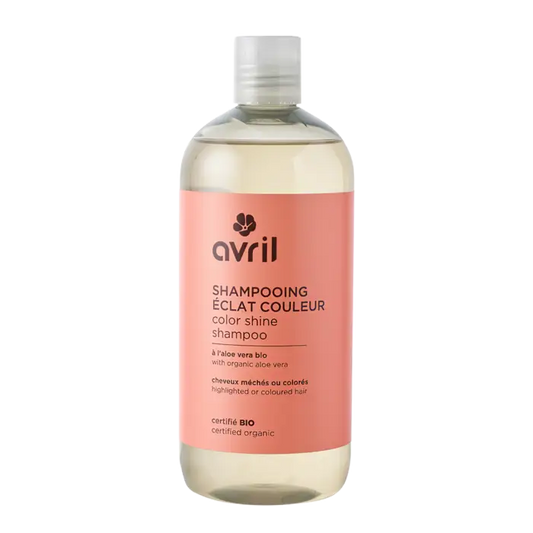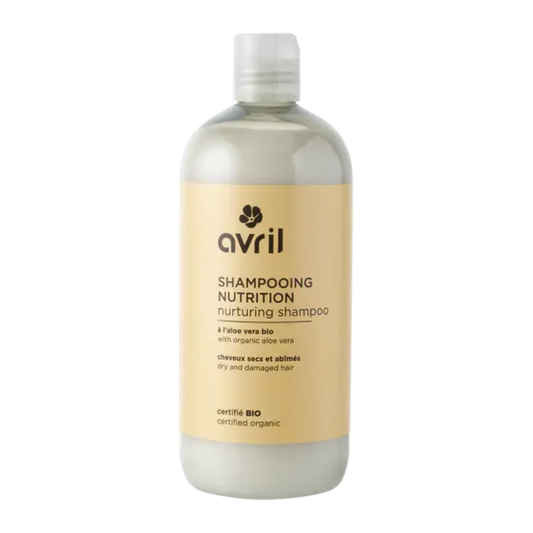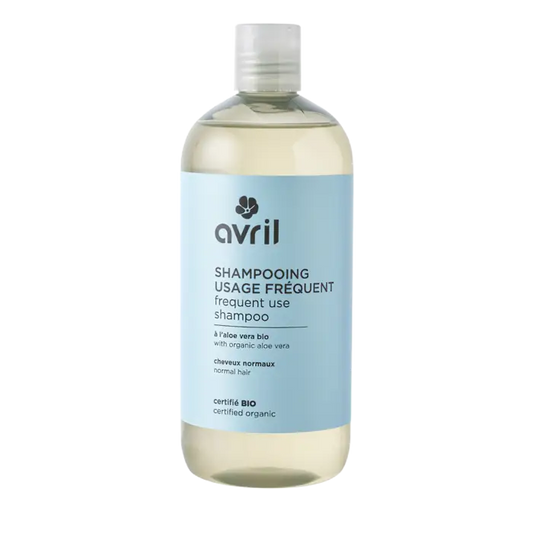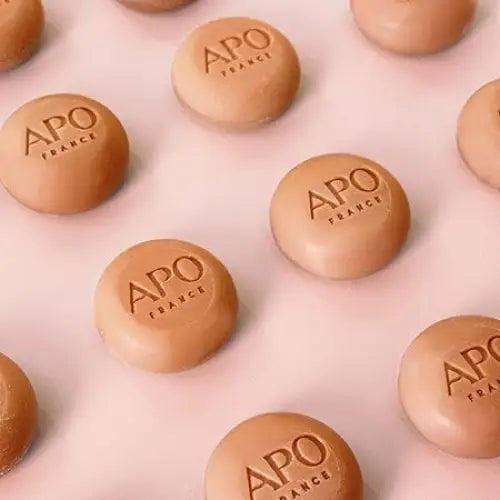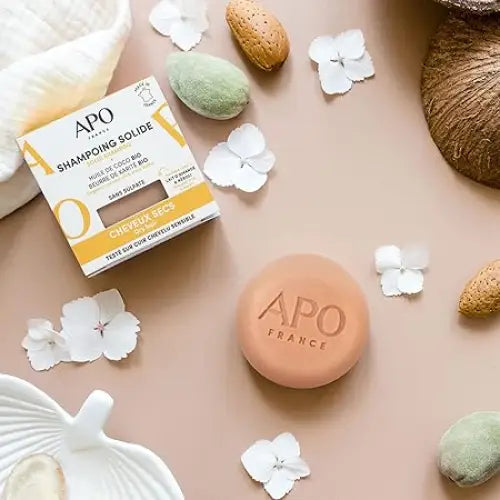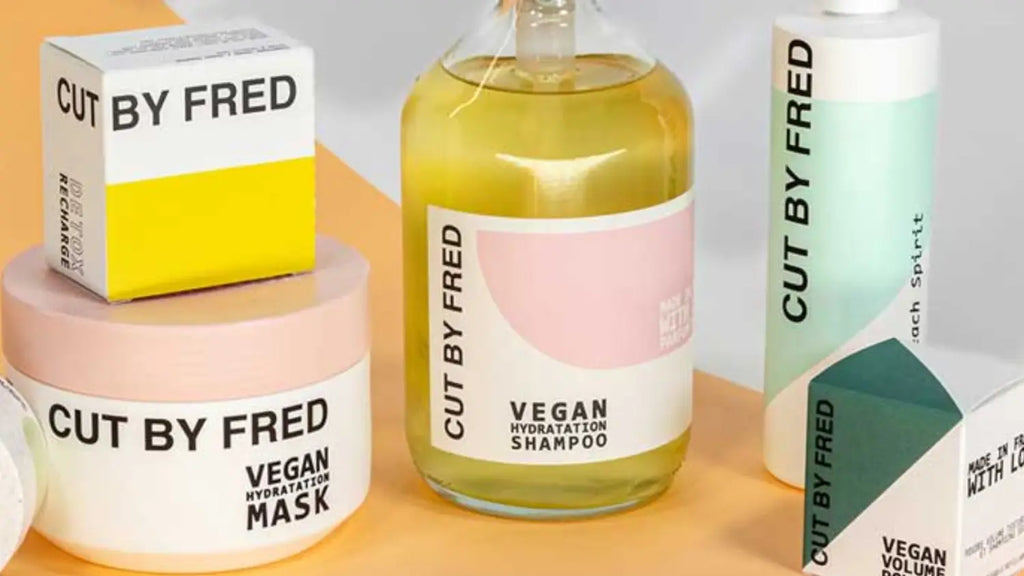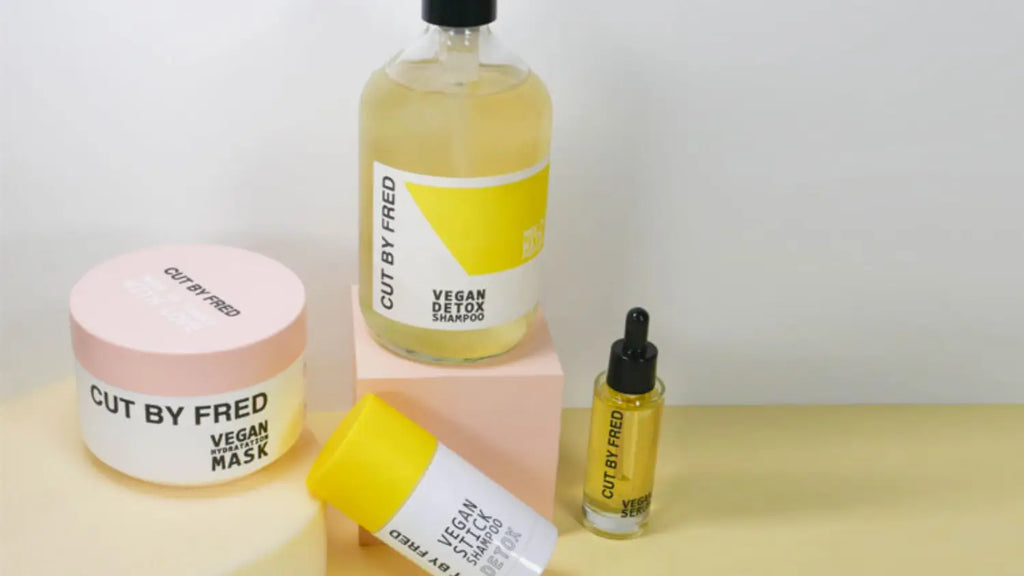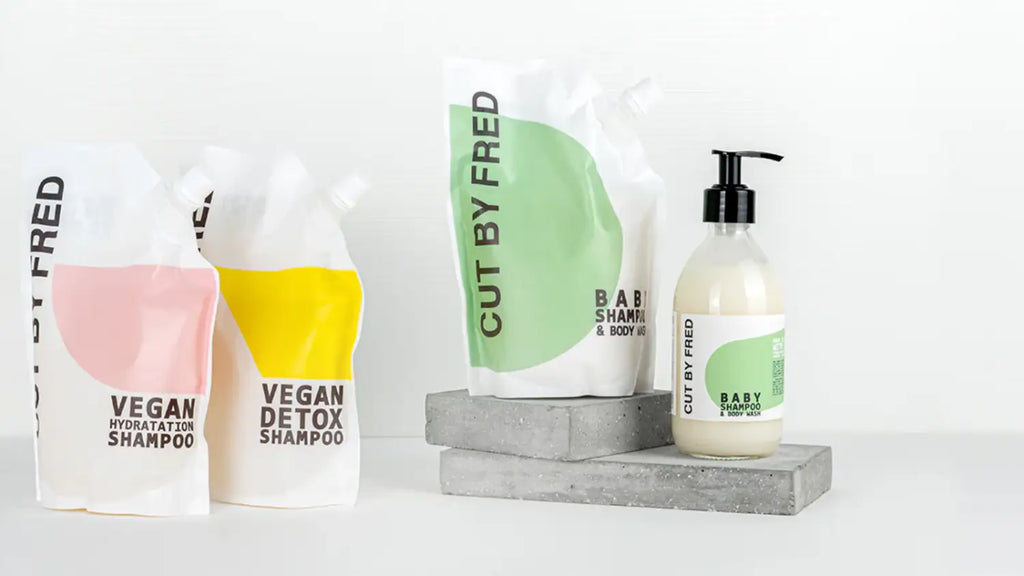Understanding the role of a nourishing shampoo
Definition and difference from other shampoos
A nourishing shampoo is a hair care product formulated with ingredients rich in lipids and proteins . It deeply nourishes the hair fiber, repairs dry hair, and leaves hair softer and silkier. Unlike a regular shampoo, it doesn't just cleanse; it gently cleanses and provides long-lasting protection.
Often, this type of shampoo is formulated without laureth sulfate and silicone, making it gentler on the scalp. This clear description highlights the difference compared to a typical moisturizing or repairing shampoo.
The expected benefits for hair
A certified organic nourishing shampoo intensely nourishes the hair fiber, repairs split ends , and leaves hair shiny. Its benefits are visible as soon as a regular routine is established. By applying the product to wet hair and rinsing thoroughly with water (aqua), it leaves a pleasant scent and a softness that appeals to many customers.
Formulated without controversial ingredients like sodium laureth sulfate or silicones, it's also gentle on sensitive scalps. Verified reviews often highlight how it leaves hair soft, manageable , and silky from the very first use.
Who is nourishing shampoo for?
The hair types that need it most
This nourishing organic shampoo is especially suited to dry, curly , or frizzy hair. Colored or heat-damaged hair also benefits greatly, as it effectively repairs and nourishes. Hydrolyzed proteins, such as almond protein, strengthen the hair fiber and make it more resilient.
Formulated with naturally derived ingredients and sometimes certified organic according to a European standard, this shampoo is also suitable for those seeking vegan and biodegradable products. It is part of a cosmetic range that adheres to organic farming practices and animal welfare standards .
Common mistakes in choosing shampoo
Some customers confuse repairing, moisturizing, and nourishing shampoos, which can sometimes lead to a negative experience. Choosing a formula that's too rich can weigh down fine hair, while a shampoo that's too light won't provide enough repair. It's also essential to check the INCI list and ensure the product is formulated without harsh sulfates, polyquaternium, or acrylates, which can cause irritation.
European regulations require that ingredients such as sodium chloride, sodium benzoate, citric acid, or cocamidopropyl betaine be clearly listed. Taking the time to read this information helps ensure that your purchase aligns with your hair care needs and health.
The key ingredients of a good nourishing shampoo
Essential vegetable oils and butters
The best nourishing shampoos are enriched with plant oils such as argan oil, jojoba seed oil, or sweet almond oil. These oils nourish the hair fiber and give hair unparalleled softness. Organic shea butter protects the hair fiber and repairs damaged areas.
These ingredients, combined with aloe vera and coconut extracts (cocoa oil or decyl glucoside derived from coconut), provide complete nourishment. This formula leaves hair softer and shinier, while respecting the health of the scalp.
Complementary assets
In addition to oils, hydrolyzed proteins play a key role. Rice protein, almond protein, or quinoa protein are often used. These active ingredients strengthen the fiber and make it more resistant. Ingredients such as potassium sorbate, benzyl alcohol, linalool, or fragrance are sometimes included to stabilize the formula or provide a light scent.
In accordance with strict European regulations, every ingredient is listed to ensure transparency and safety. Some shampoos are also dermatologically tested to guarantee they respect scalp health and repair the hair fiber from within.
What you should avoid
An effective nourishing shampoo should be formulated without harsh ingredients. Laureth sulfate and cocamidopropyl betaine, when used excessively, can irritate sensitive scalps. Silicones, polyquaternium, or acrylate create an artificial barrier that prevents active ingredients from penetrating.
Synthetic fragrances like benzyl or certain strong scents can also pose health problems. Choosing a nourishing shampoo that is certified organic and complies with European regulations ensures a respectful, biodegradable , and cruelty-free formula. This also meets the expectations of customers concerned about clean and vegan cosmetics .
How to properly use your nourishing shampoo?
The correct washing frequency
To ensure effectiveness and respect for the hair fiber, it is recommended to use the nourishing shampoo 1 to 2 times a week . Too much could saturate the hair and make it feel heavy. Alternating with a gentle, sulfate-free, biodegradable shampoo will help maintain a good balance.
Customers report in their verified reviews that the correct frequency makes hair soft, shiny, and easy to style. Establishing this balanced routine aligns with the recommendations of cosmetic experts.
The optimal gestures
A nourishing shampoo should always be applied to wet hair. Apply a small amount of product, gently massage it into the scalp, and avoid contact with the eyes. The lather, often created with mild surfactants such as decyl glucoside or cocamidopropyl betaine, cleanses without stripping the hair.
It is important to rinse thoroughly with lukewarm water (aqua, water) to preserve the health of the fiber . The instructions also specify that it is best to view the product as a treatment rather than simply a cleanser.
Combine with other hair care products
To complement the benefits of the certified organic nourishing shampoo, it is recommended to add a conditioner from the same range. This provides additional nourishment and leaves hair soft and shiny. A weekly hair mask formulated without sulfates and rich in organic oils offers even more intensive nourishment.
Complementary treatments such as a powdered oil or a vegan serum seal in moisture and prolong hair's softness. By following this protocol, hair maintains optimal shine and health day after day.
Comparison of nourishing shampoos
Classic liquid shampoos
Nourishing liquid shampoo is the most common type of shampoo in European cosmetics. It comes in a standard bottle, often with a detailed INCI list of ingredients. These products typically contain aqua, sodium benzoate, citric acid, cocamidopropyl betaine, sodium chloride, and potassium sorbate.
Formulated without harsh sulfates and with natural oils, they provide complete nourishment. Their pleasant scent and creamy texture appeal to customers, who readily leave positive verified reviews after use.
Nourishing solid shampoos
Solid shampoos are a popular eco-friendly option. Their biodegradable formula reduces the need for excessive plastic packaging and complies with European cosmetics regulations. They are generally made with organic ingredients and contain mild surfactants such as decyl glucoside.
They cleanse effectively without damaging the hair and repair the fiber thanks to hydrolyzed proteins and oils like almond or jojoba seed oil. Customers appreciate their effectiveness and the option to add a vegan and zero-waste product directly to their cart.
Organic and natural shampoos
This nourishing organic shampoo is part of a range certified organic according to an official standard. It is formulated without ingredients of animal origin, dermatologically tested, and complies with European regulations. It often contains aqua, coco oil, natural fragrance, citric acid, and sodium benzoate, all derived from organic farming.
These vegan and biodegradable products bring softness, shine, and health to the hair. Customers can view the detailed description, read verified reviews, and add the product to their cart with confidence.
The invisible impact of nourishing shampoo
Effects on the scalp and hair microbiome
A nourishing shampoo formulated without harsh sulfates also benefits the scalp. By nourishing the microbial flora, it ensures an essential balance for healthy, beautiful hair. Ingredients like hydrolyzed protein and seed oil strengthen the hair fiber from within.
Clinically tested, it respects the skin and avoids reactions to irritating compounds such as benzyl alcohol or linalool. This invisible, often overlooked impact is nevertheless one of the major benefits of a certified organic nourishing shampoo.
Eco-responsibility and circularity
Emphasizing eco-responsibility is a growing expectation among customers. This nourishing, vegan, and biodegradable shampoo complies with European cosmetics regulations. Formulated without sulfates or silicones and made with organic ingredients, it repairs and nourishes while reducing its environmental impact .
Some brands even offer a powder version that can be mixed with water, reducing transportation and carbon footprint. These products, often certified organic, illustrate a new approach to cosmetics where hair health and the health of the planet go hand in hand.
The future: personalization through digital hair diagnostics
Today, numerous digital tools allow users to determine which nourishing shampoo is best suited to their needs. These apps analyze the hair fiber and suggest a personalized formula. Thanks to this innovation, customers receive precise recommendations and can directly add the product to their cart.
This personalization complies with European regulations and aligns with the trend towards customized cosmetics. Tested and approved, this service ensures a more comprehensive customer experience, where verified reviews and practical application come together.
Practical tips for choosing the right nourishing shampoo
Read a label effectively
It's essential to check the INCI list of a nourishing shampoo to verify its composition. Ingredients like aqua, cocamidopropyl betaine, sodium chloride, sodium benzoate, potassium sorbate, citric acid, glycol, acrylate, and polyquaternium should be included. A shampoo formulated without laureth sulfate, synthetic fragrances, and certified organic ensures scalp health.
Customers should also be wary of greenwashing and check for the presence of organic ingredients. Reading the description and consulting verified reviews helps in making an informed choice.
Test before you adopt
A nourishing shampoo should be tested over several washes to ensure its effectiveness. Apply a small amount to wet hair, avoid contact with eyes, then rinse thoroughly. In a few days, hair becomes softer, shinier , and silkier.
Customers often share their verified feedback on the softness of the hair and the quality of the formula. A good product, compliant with European regulations, will repair and nourish the hair fiber from within while respecting the health of the scalp .
Promote a simple and consistent routine
To get the most out of a certified organic nourishing shampoo, it should be part of a cohesive skincare routine. Adding an organic conditioner and a weekly vegan hair mask ensures a complete regimen.
These treatments, often biodegradable and sulfate-free, enhance the effects of the shampoo. Customers can easily add products to their cart, view them on retailers' websites, read the description, and contact customer service if they have any questions. This simple and natural routine leaves hair silky, nourishes the hair fiber, and promotes overall health.

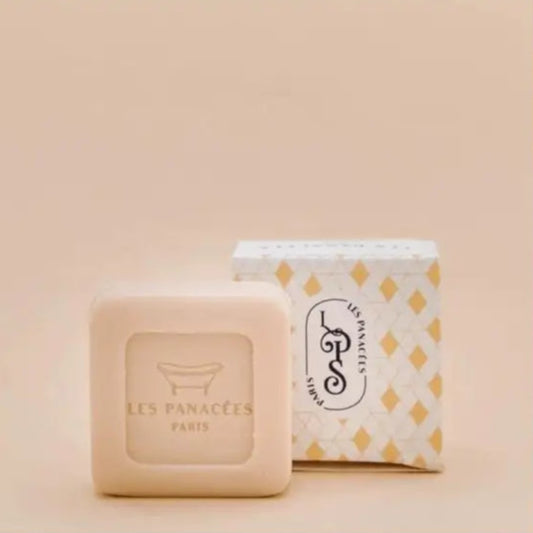
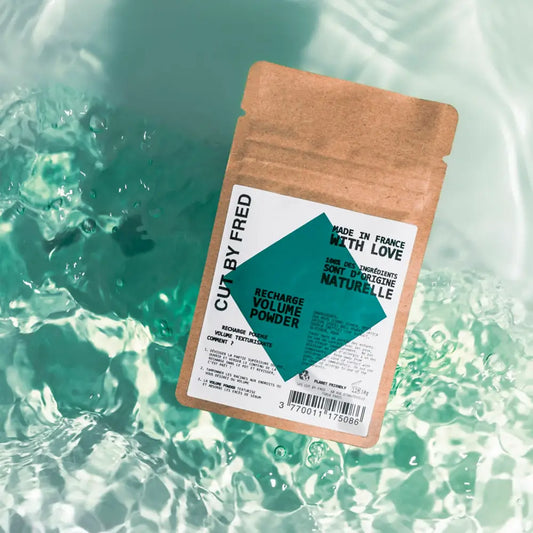 -6%Sale
-6%Sale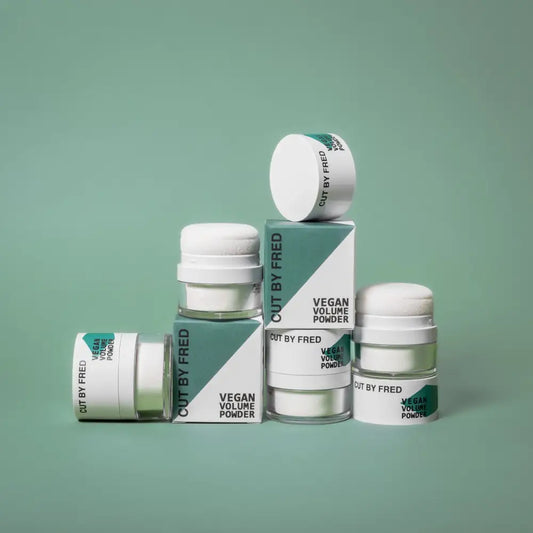
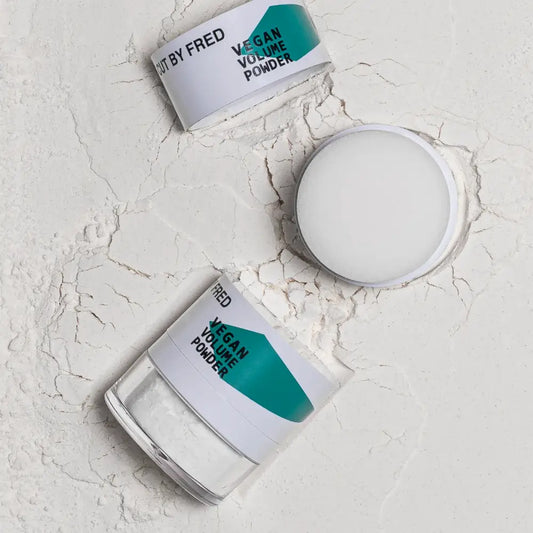 -7%Sale
-7%Sale








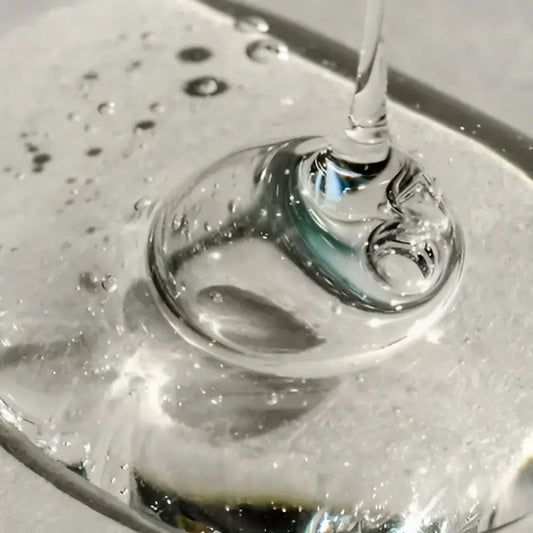

 -7%Sale
-7%Sale -5%Sale
-5%Sale
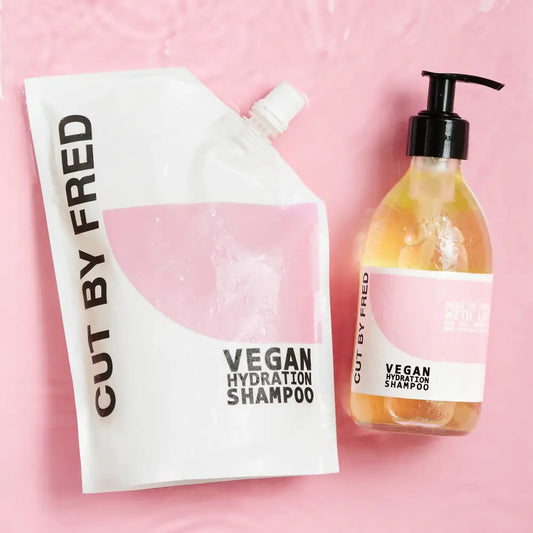 -10%Sale
-10%Sale
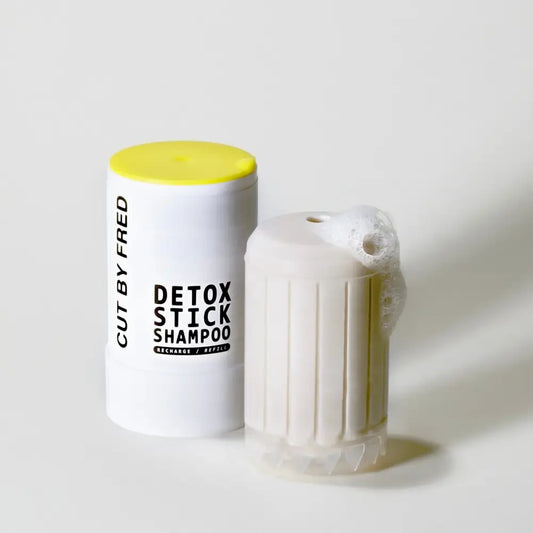 -5%Sale
-5%Sale
 -8%Sale
-8%Sale -9%Sale
-9%Sale -7%Sale
-7%Sale -10%Sale
-10%Sale

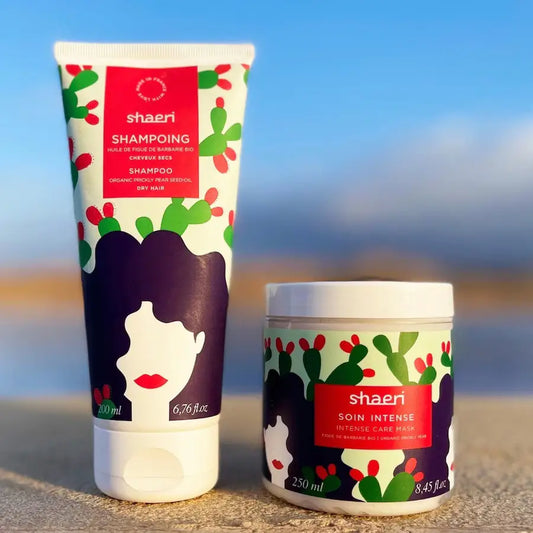


 -12%Sale
-12%Sale


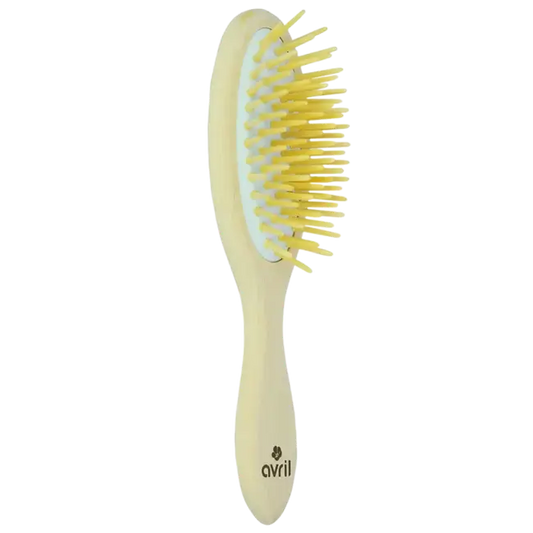

 -13%Sale
-13%Sale


 -14%Sale
-14%Sale
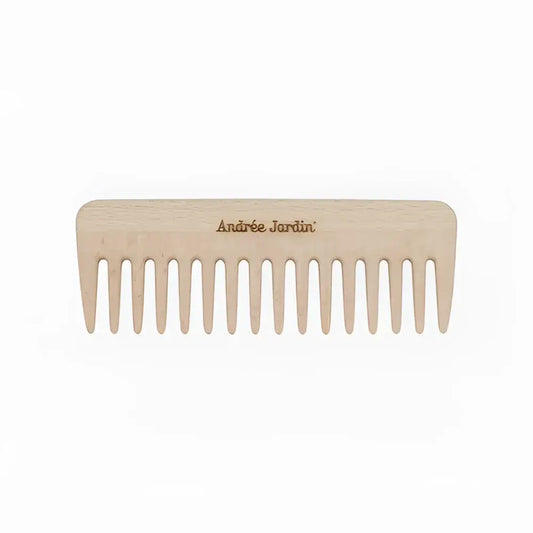 -16%Sale
-16%Sale
 -16%Sale
-16%Sale
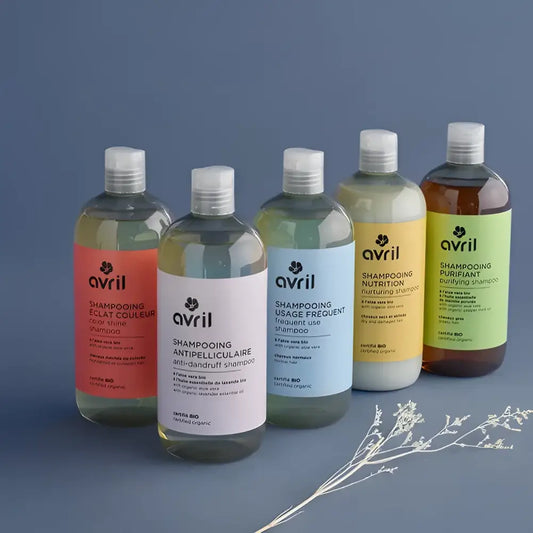


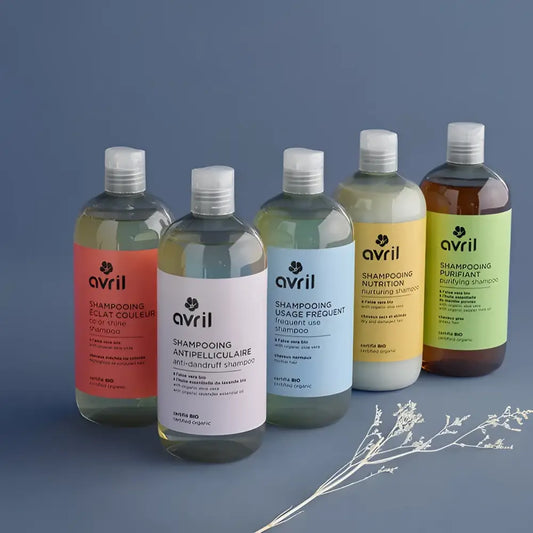
 -12%Sale
-12%Sale
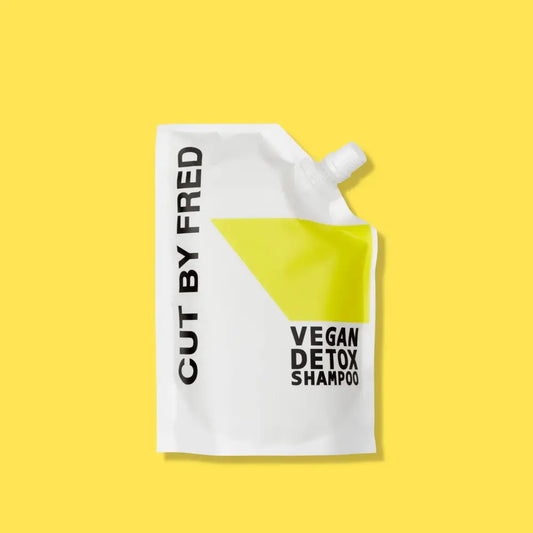 -14%Sale
-14%Sale
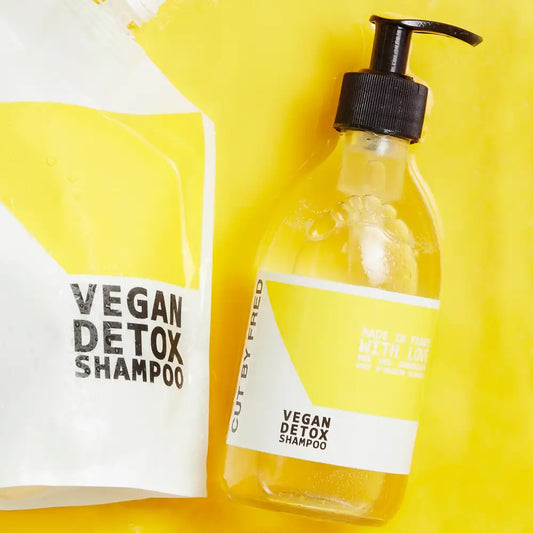 -10%Sale
-10%Sale
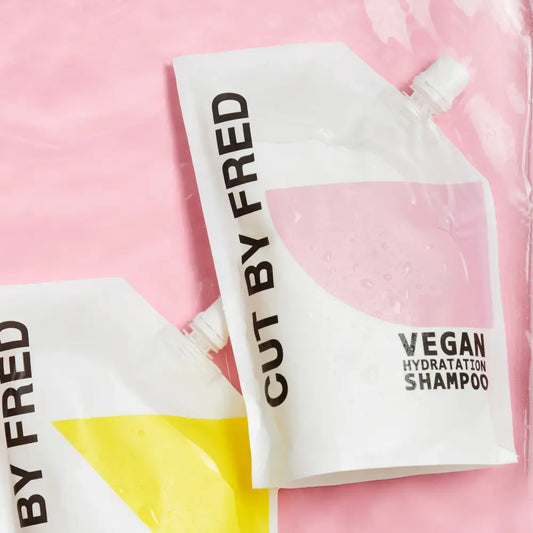 -14%Sale
-14%Sale
 -17%Sale
-17%Sale
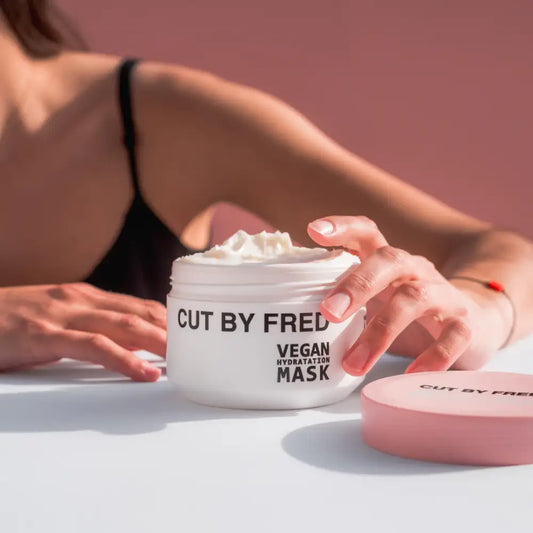

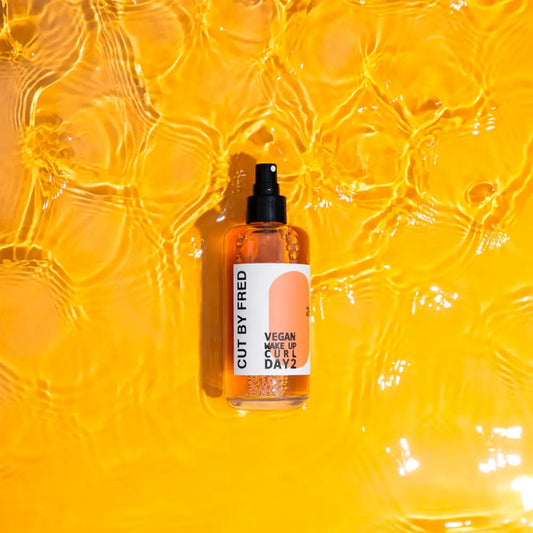 -11%Sale
-11%Sale

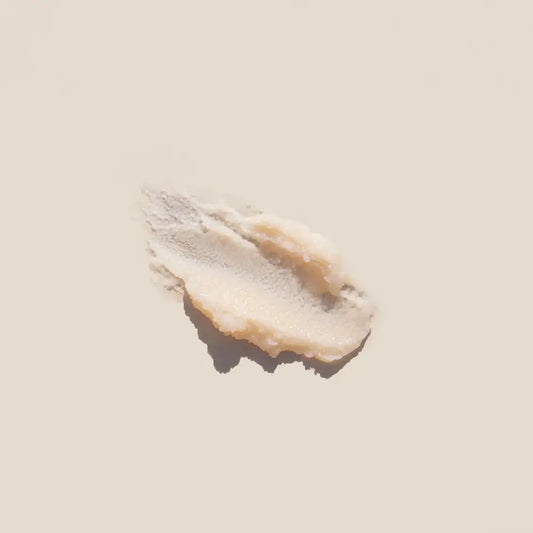 -7%Sale
-7%Sale
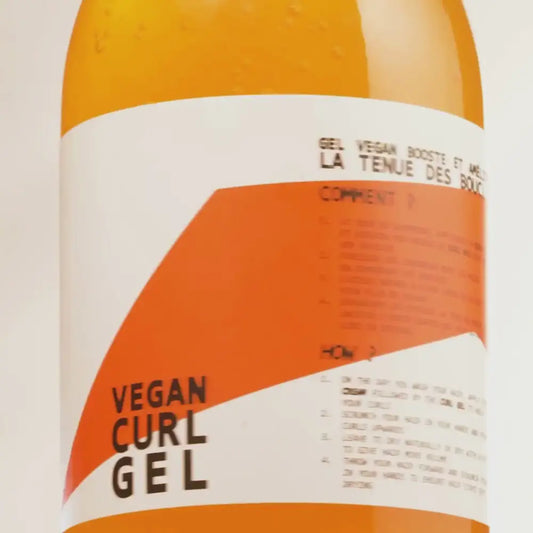 -12%Sale
-12%Sale
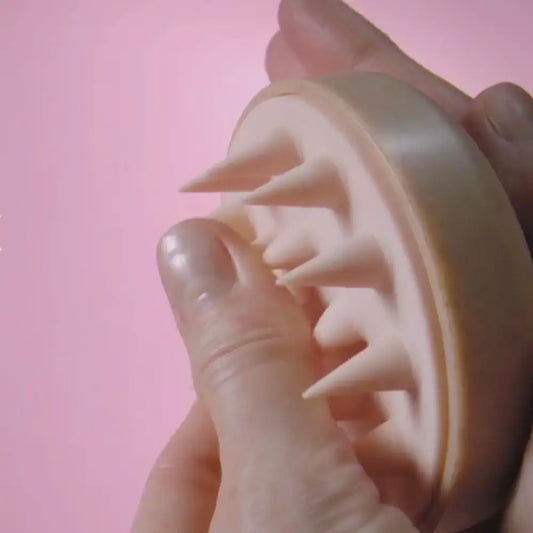 -5%Sale
-5%Sale







